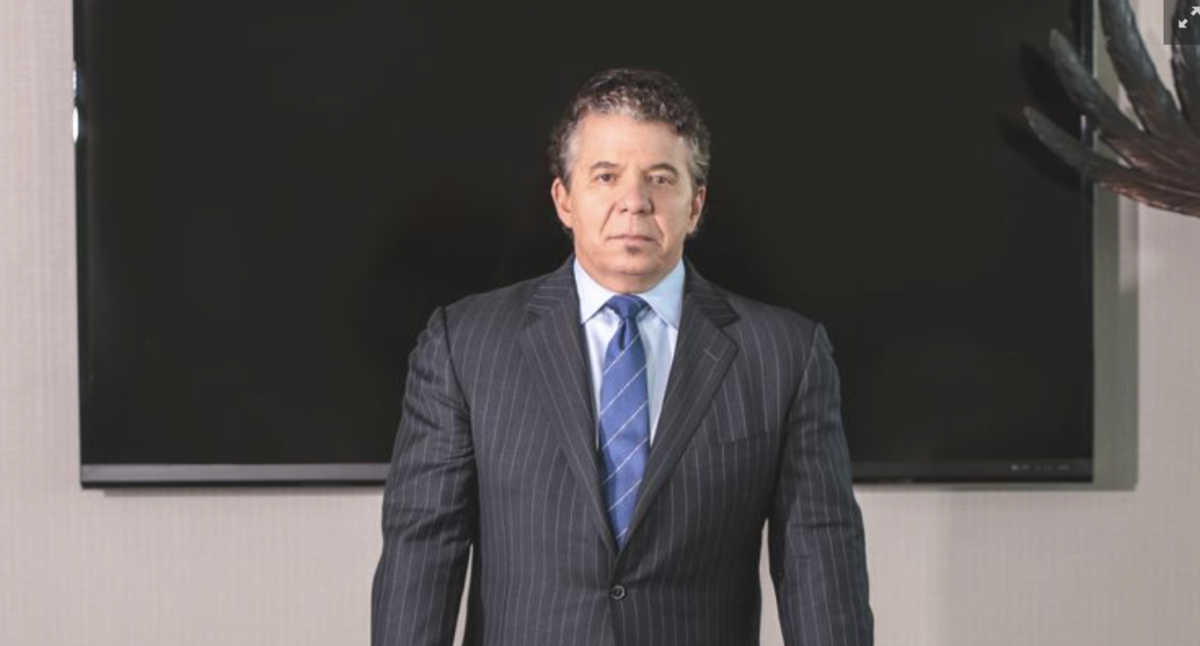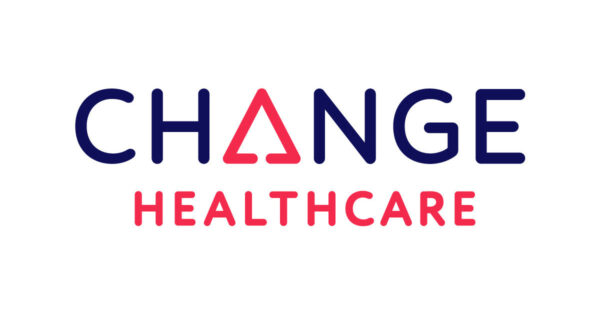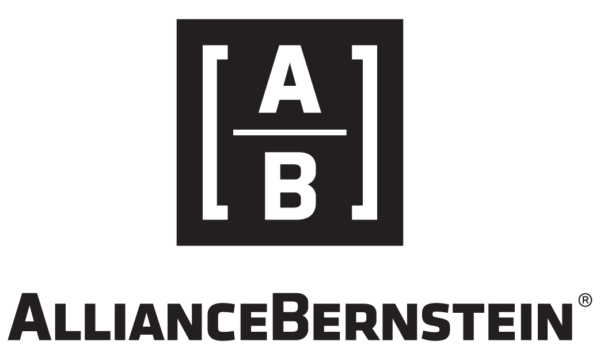Charles Carroll is the latest CEO to base his company in Williamson County, and he expects his startup to rapidly morph into one of its behemoths.
Carroll leads Integrated Biometric Technology LLC, which on July 26 announced its decision to make Franklin its headquarters. Carroll, a veteran in the field of security and electronic fingerprinting, is not shy about his ambitions.
“Give us three years, and we’ll be way north of $500 million a year in gross revenue,” Carroll said in an interview. While he committed to create 142 jobs in exchange for state incentives, he said that headcount “could get up to and over 1,000 within a three-year period of time.”
Those targets and Carroll’s track record make his business one to watch in the years ahead. He’s reached a similar height before: He started a business of the same name in Nashville in 1999 and led it through several successive acquisitions and mergers. He crafted TSA’s PreCheck program for expediting pre-approved airport passengers through security checkpoints and expanded that concept at music venues and multiple professional sports stadiums.
“It took me about 11 years to build the company to $600 million-plus of gross revenue. But that’s because there was no industry. We were building the industry,” Carroll said. “Now, everything is automated; it’s all done online, over the internet. The truth is, the more we become automated … the significance of knowing who you are dealing with and validating their identity becomes extremely important.”
Carroll said he has a couple of state and federal contracts pending and is bidding on others. The larger opportunity he sees is the private sector.
“Before, it was attached to state and federal governments. This time, it’s also attached to the consumer,” Carroll said. “It’ll grow a thousand times faster.
“God bless Apple,” he added. “By putting the fingerprint on the phone and using facial imaging, everybody accepts it now. There was a worry with TSA PreCheck: ‘Will people think it’s Big Brother?’ People will give up their personal information if they get something in return, and that’s convenience.”
Biometrics involve using a person’s unique physical traits to confirm their identity, such as fingerprints, retina scans, facial recognition or the geometry of your hand. When Carroll started the first version of his company, fingerprints for background checks were done with the traditional ink-on-paper method, which then needed to be mailed to the FBI for review. Carroll said his company made software that shrank that paper fingerprint, encrypted the image and sent it via the internet — returning results in hours or a few days, instead of the normal six to eight weeks.
Carroll said he considered locating his new company in his native Ohio, where the first version of Integrated Biometric Technology also had some roots. He has a home in both locations, but he said the state and the Tennessee Valley Authority made an “aggressive” pitch.
“They stepped up to the plate. They made it economically feasible to be here versus another state,” Carroll said.
“A large percentage of our people will be software engineers and developers,” Carroll said. “Being able to attract the highest-quality software engineers is much easier in Nashville than it is in Ohio.”
One thing’s for sure: Those future workers can expect a thorough screening.
“We have less than 50 people now, because we’re a startup. To be frank about it, we’re trying to hire as fast as we can,” Carroll said. “But we’re not only looking for highly skilled individuals: They have to pass a rigid background investigation too.”









